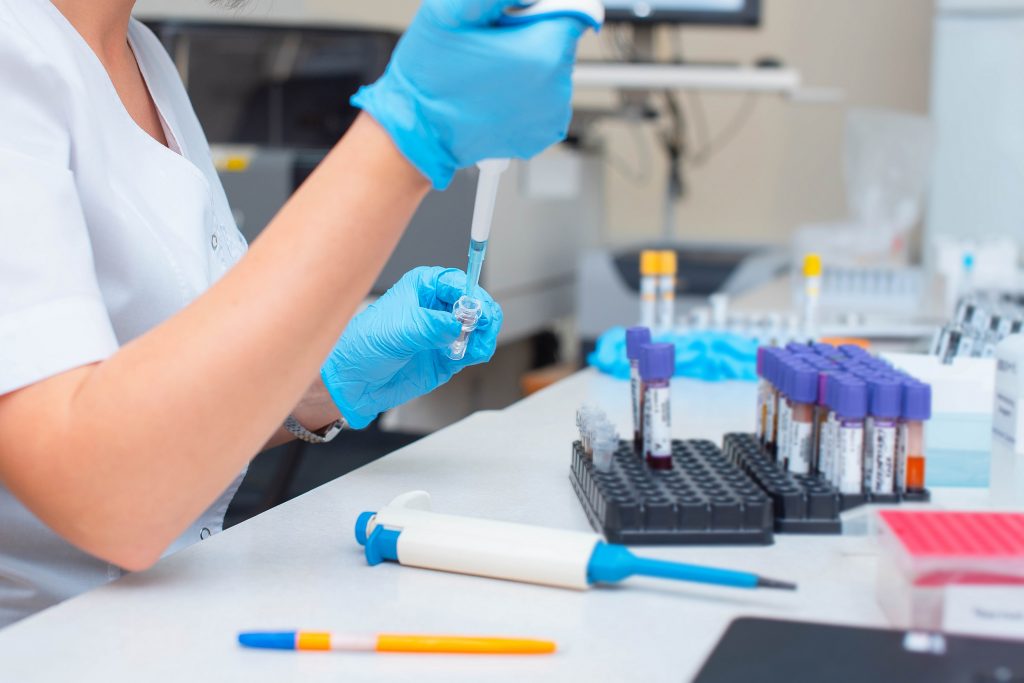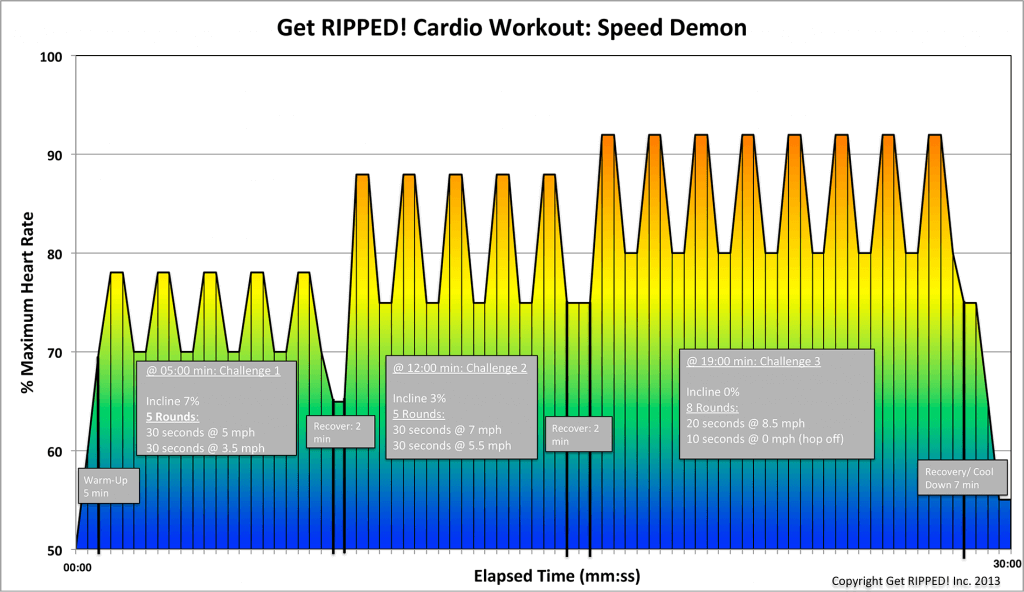Blog
Getting Your Hormone’s Tested as a Woman
There may be cause for a woman to test her hormones at many ages. In fact, a doctor may check hormone production during puberty, the child-bearing years, or during menopause. The hormone estrogen plays a very big role in a woman’s overall health, but it is especially important for the reproductive systems and the bones.
Lately, I have been writing about the struggles that I have gone through with perimenopause, and estrogen dominance. Part of the process of being diagnosed with either of these conditions is having hormones tested.
If your doctor is concerned about various health conditions, he or she may decide to test your hormones. Having too little or too much estrogen can both cause problems. There are three forms of estrogen. These are called estrone or E1, estradiol or E2, and estriol or E3.
Reasons Your Doctor May Choose to Test Your Hormones
There are various symptoms that may inspire your doctor to test your estrogen production. These symptoms include:
- Bleeding from the vagina after menopause
- Changes or issues with the menstrual cycle
- Infertility
- Symptoms of menopause such as hot flashes or night sweats
- While on hormone treatment for menopause
- Early or late onset puberty
- Suspected pregnancy
The Testing Process
If you are scheduled to have your hormones tested, you may be a bit worried. However, you won’t need to do anything in order to prepare for the testing. It is not required that you fast for any length of time or take any medications to prepare.
Your doctor will want a full and complete list of the medications and the supplements that you are taking. It is very important for you to be honest about any medications that you have taken, especially birth control pills, because they can skew the results of your tests. The doctor may also need to know where you are in your menstrual cycle.
The doctor or health care professional will take a small sample of blood from one of the veins in your arm, and it will be sent off to the lab for testing.
The Results
Normal estrogen levels change depending on a woman’s age. Being pregnant and your menstrual cycle can also cause fluctuations in your estrogen levels. A doctor can not make a diagnosis with just your hormone level testing, it is necessary to look at the full picture and likely do additional testing to come to a definitive diagnosis.
Here are a few possibilities of what elevated or decreased levels of estrogen might mean:
- Elevated E1 or E2 levels: In young girls, having elevated E1 and E2 levels may mean early onset of puberty. Older women may have a tumor on the ovaries if these levels are high. It could also indicate hyperthyroidism, liver damage, and tumors on the adrenal glands.
- Elevated E3: Having this level higher when pregnant can indicate that labor is imminent.
- Low E1, E2, or E3: Having low estrogen levels can mean many things such as the pituitary glands aren’t producing enough hormones. It can also mean the ovaries are not functioning as they are supposed to be. Lower levels of E3 may indicate a miscarriage in a pregnant woman. Estrogen levels also decrease if a woman is suffering from an eating disorder. Low E2 levels can mean that a woman has gone through menopause. An inherited condition called Turner syndrome can be a cause for lower estrogen levels as well.
When to See Your Doctor for Hormone Testing
If you are having any symptoms that are concerning you, you should make an appointment to see your doctor as soon as possible. While there are many reasons why your hormones may be high or low, some of the reasons can be quite serious such as tumors on the ovaries or adrenal glands. It is important that your doctor is aware of your symptoms and can proceed appropriately.
Medical Disclaimer: This content is not intended to be a substitute for professional medical advice or diagnosis. Always follow the advice of your physician, and never delay seeking medical care because of something you have read on this website.
Source: https://www.webmd.com/women/guide/estrogen-test#2


